
More than 600 people are scheduled to gather in Nairobi, Kenya on 16 June, the Day of the African Child, with the goal of speaking out for ending the AIDS epidemic among children, adolescents and young women by 2020.
The event commemorating the Day of the African Child will call for support by religious leaders, from the grassroots to around the globe, to make sure that all children and adolescents living with HIV and TB have access to life-saving medications. The event will start with a procession at 7:00 a.m. at All Saints Cathedral to Ufungamano House, where an interfaith prayer meeting will be held featuring speeches, children and adolescents’ performances and a ceremony.
The World Council of Churches – Ecumenical Advocacy Alliance (WCC-EAA) in partnership with the Kenya chapter of the International Network of Religious Leaders Living with or personally affected by HIV and AIDS (INERELA+ Kenya), along with many other organizations, is coordinating the event as a way to highlight country-led action that is backed by global support.
Participants will launch a global call to action for religious leaders on treatment for HIV and TB among children and adolescents. Holding the launch on the Day of the African Child highlights that the majority of children living with HIV are from Africa.
HIV testing and counseling services will be offered at the event to the adolescents and young people present, as well as religious leaders. The tests will not only serve as a diagnostic tool but will also enhance dialogue between children, adolescents, young people, religious leaders and the government of Kenya on HIV, TB, and stigma and discrimination.
“The purpose of the event is to add momentum locally to a global faith movement for action and change for children and adolescents living with HIV,” said Francesca Merico, WCC-EAA HIV campaign coordinator. “For some, this will spark some new thinking. For others, this will reinforce and build upon their already effective efforts to end AIDS.”
Faith communities are a vital link to the lives of those most vulnerable, noted Rev. Amy Gopp, vice president for external relations for IMA World Health. “If we are to end the scourge of HIV, our communities of faith must equip leaders to address HIV in their own, unique contexts,” she said. “IMA World Health is honored to join the WCC in the effort to engage and support faith leaders as we work together to promote testing, treatment and access to services for all God’s children.”
IMA will be releasing Sermon & Khutuba guides in coordination with the event to support religious leaders with theological resources relating to pediatric HIV and TB.
Religious leaders living with or personally affected by HIV also play a leading role in ending HIV and TB pandemics in Kenya, said Jane Ng’ang’a, national coordinator of INERELA+ Kenya.
“Collectively, we have made great achievements in the treatment and care of people living with and affected by HIV,” she said. “We are committed to ensure that we end stigma and discrimination in our faith communities by making our congregations a place of hope and refuge for all. We are further committed to ensure that the voice of every person living with or personally affected by HIV and TB is heard and supported without judgment or prejudice, including children, adolescents and young people.”
Ng’ang’a continued: “We will continue to initiate programs that will go a long way in supporting families that are infected and affected by HIV and TB across the country.”
The Day of the African Child event in Nairobi is part of a broader faith advocacy project on pediatric AIDS and treatment for adolescents led at global level by the WCC-EAA. The initiative is mobilizing faith communities and leaders to maximize the implementation of the “Start Free, Stay Free and AIDs Free” framework and reach the ambitious UN pediatric AIDS treatment targets: to provide 1.6 million children (ages 0-14 years) and 1.2 million adolescents (ages 15-19) living with HIV with antiretroviral therapy by 2018 and that children, adolescents and adults living with HIV know their status and are immediately offered and sustained on affordable and accessible quality treatment to ensure viral load suppression
Read Full Story

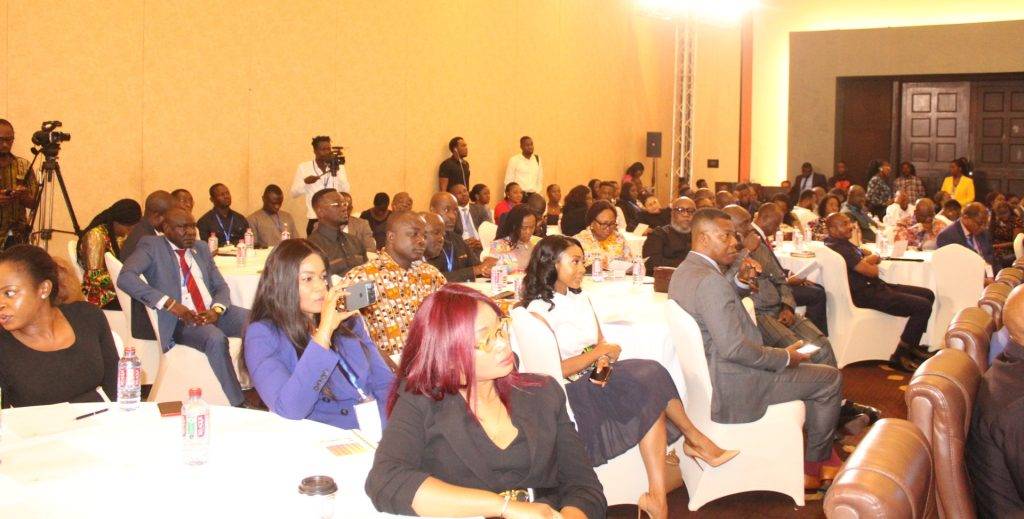


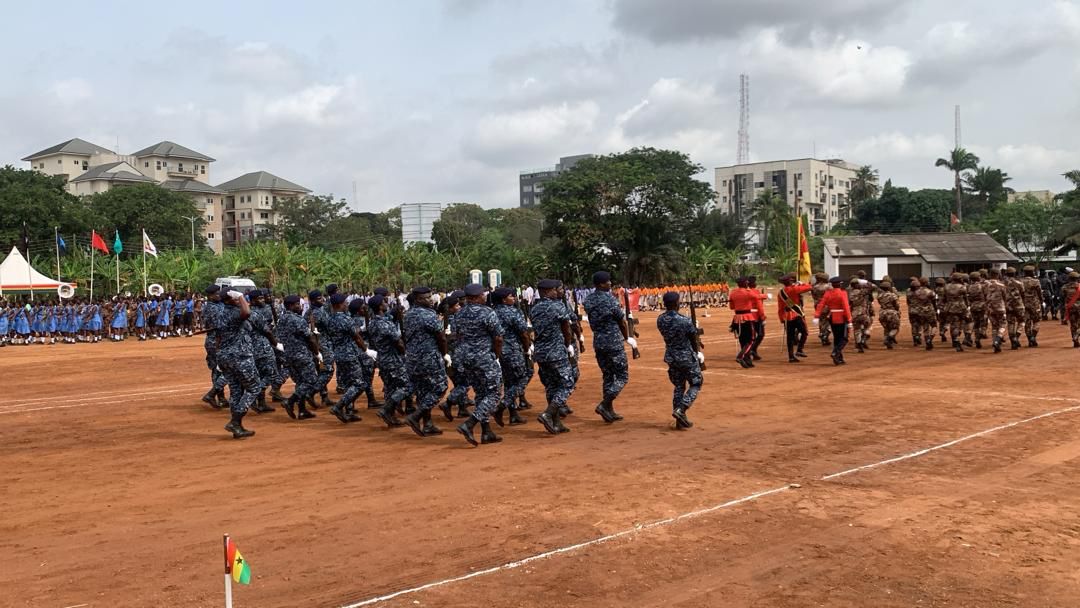








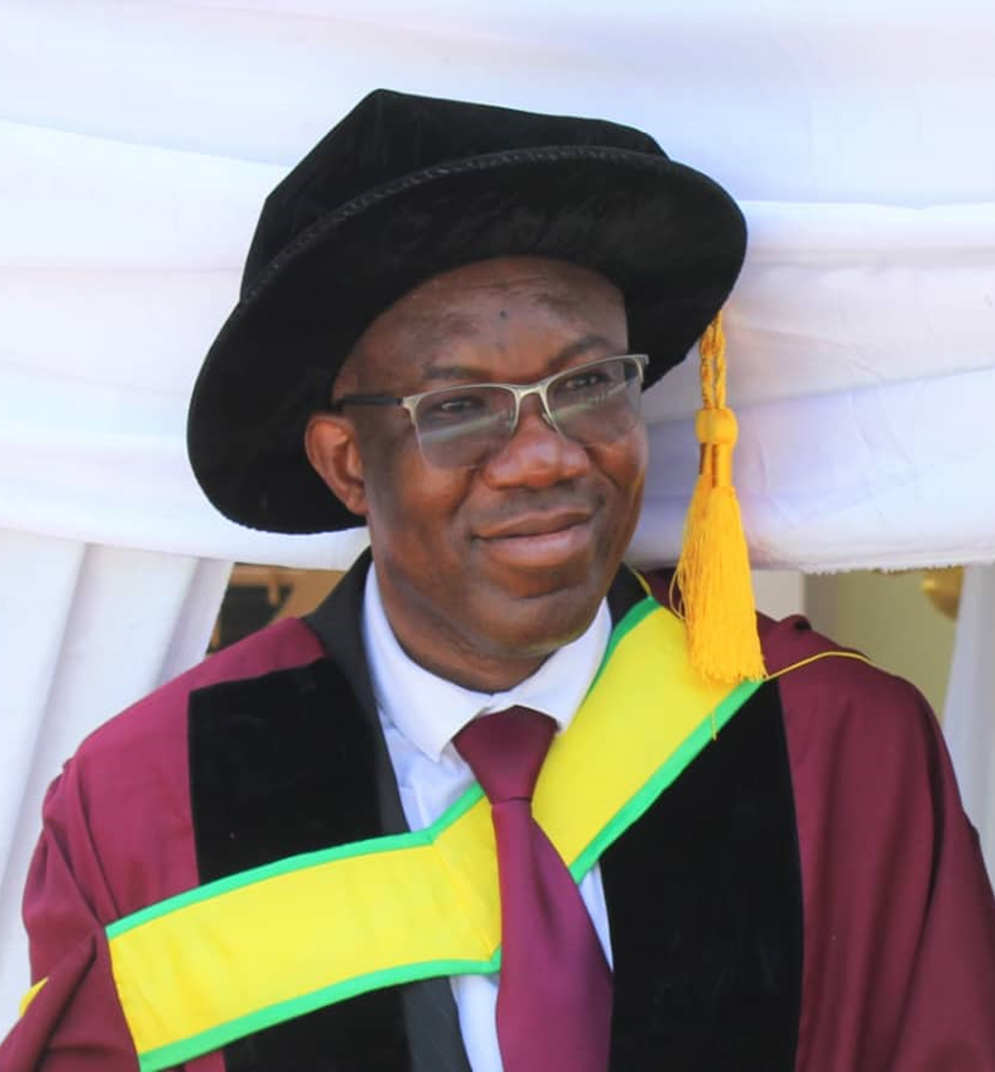
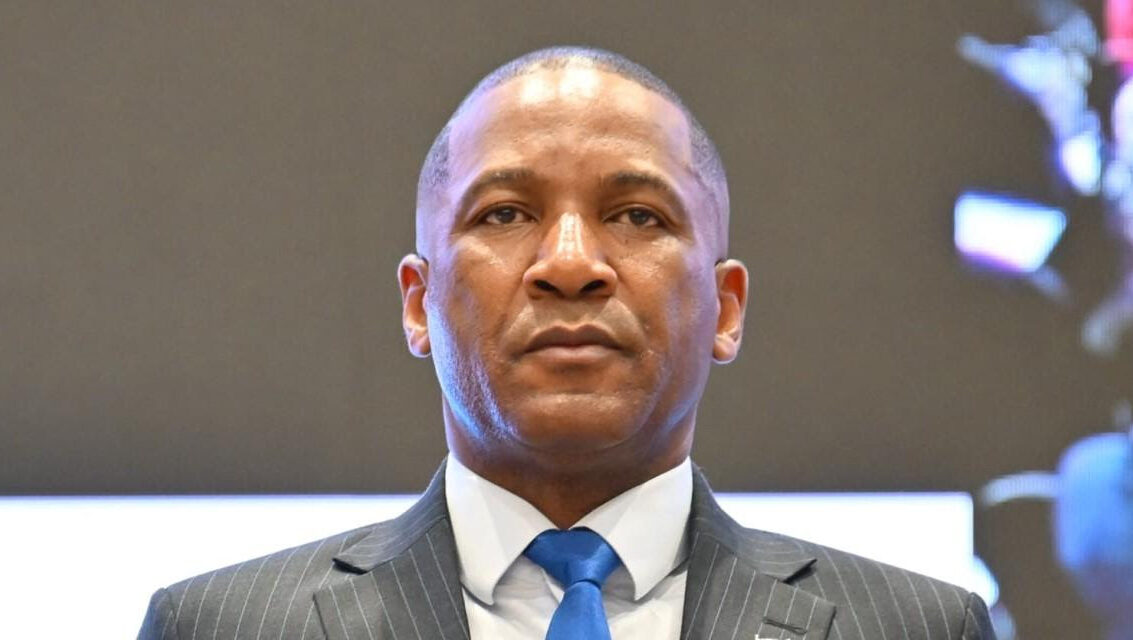
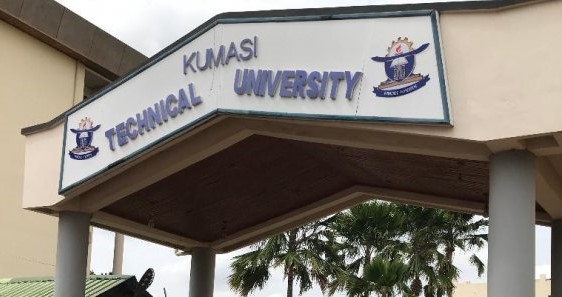
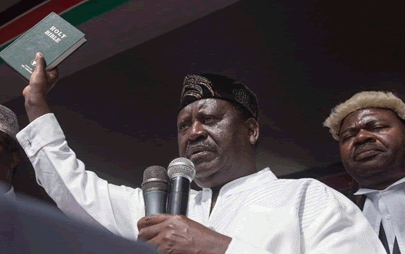
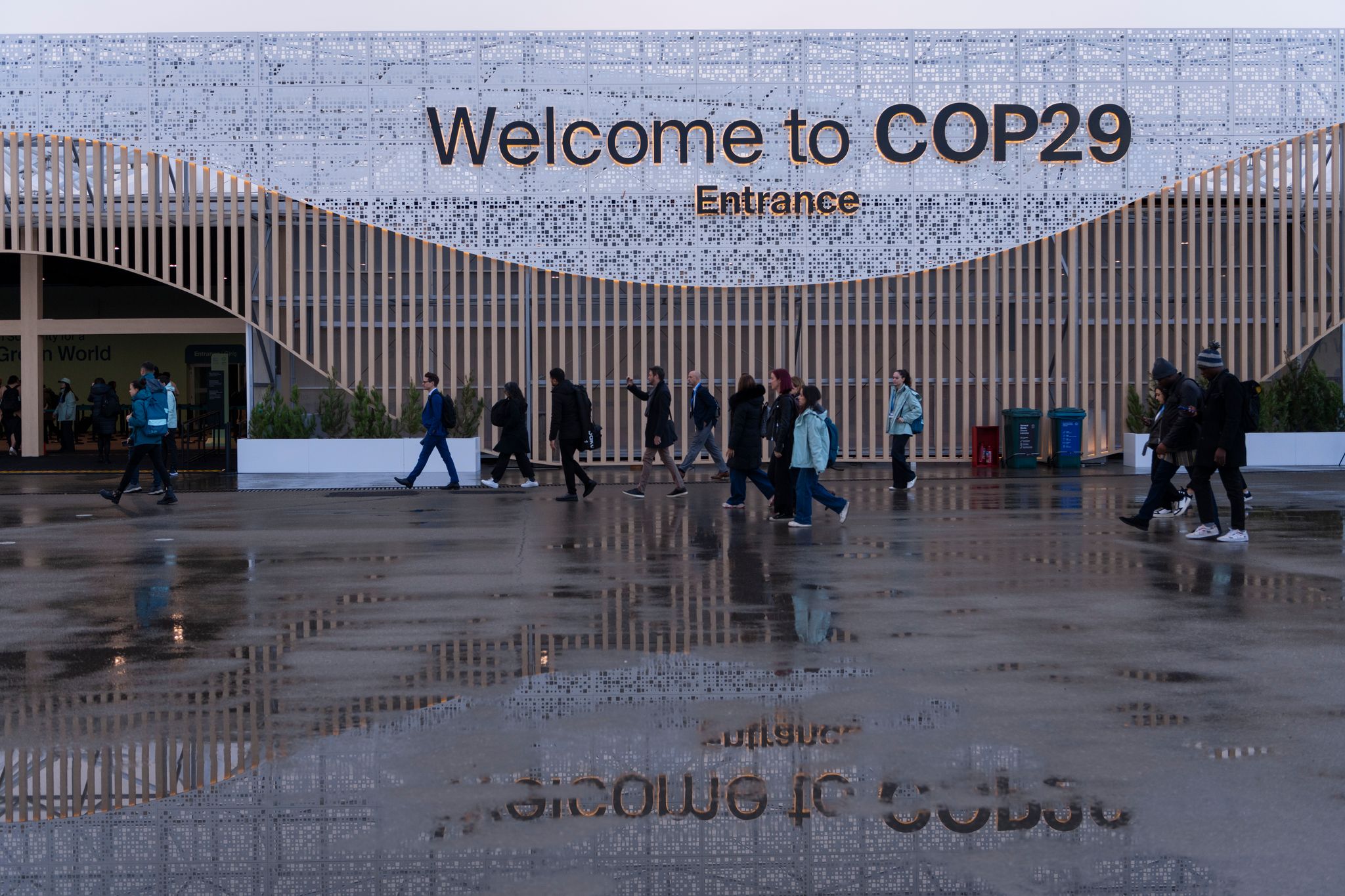
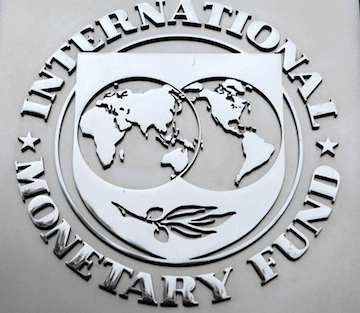
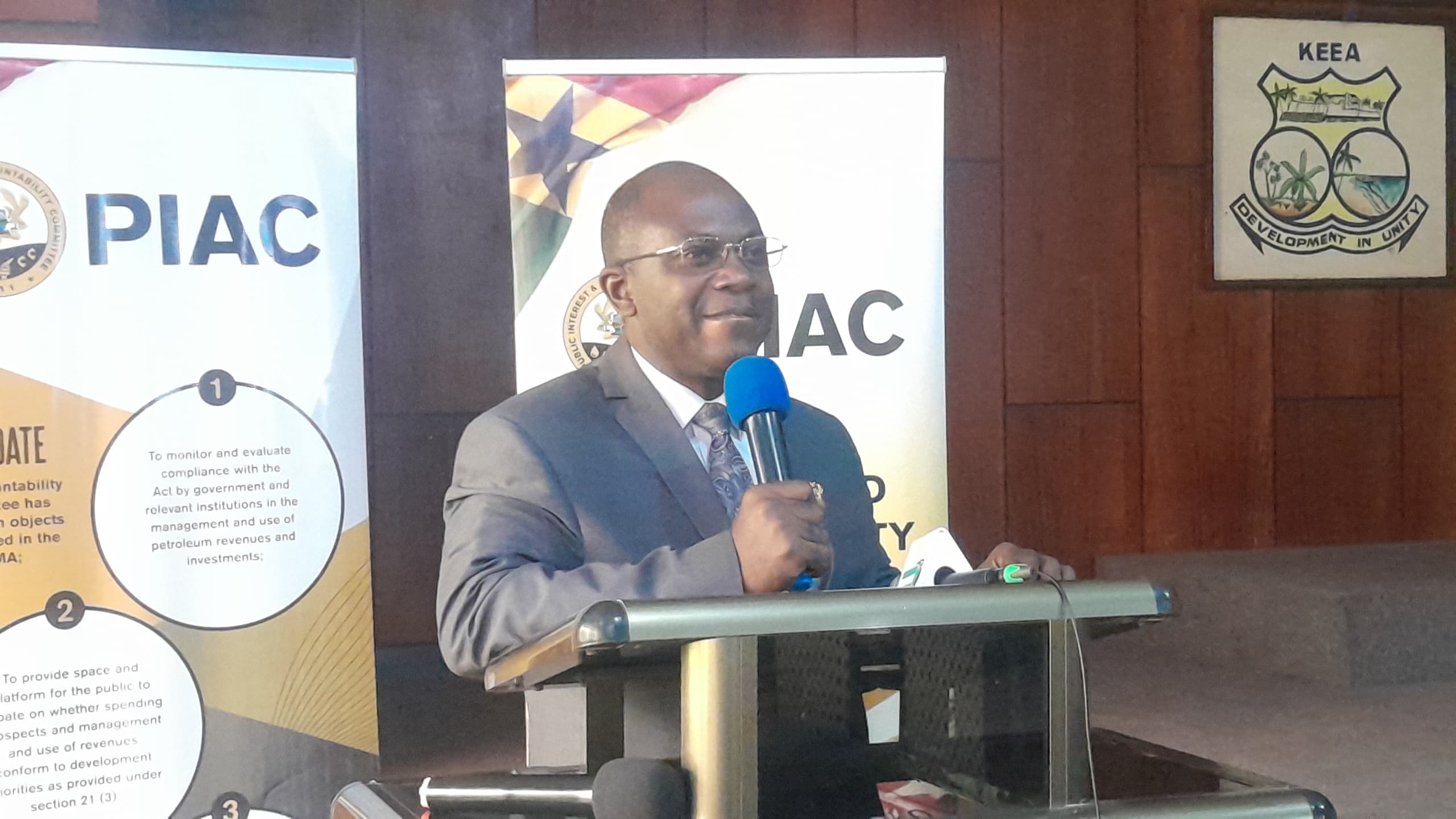
Facebook
Twitter
Pinterest
Instagram
Google+
YouTube
LinkedIn
RSS